

The grimmest predictions came true: Afghanistan is in an incredibly acute crisis.
More than 20 million people are experiencing food shortages and over 8 million are facing starvation.
Poverty is rampant and growing.
But that doesn’t have to be the story of Afghanistan – and there is one major move the U.S. can take here.
In my own piece that I’ve published here back in August 2021, I – just like the rest of the world – asked: What’s next?
Months later, we know what that “next” is. Reports on food shortages, poverty, and its healthcare situation all illustrate how horrific this crisis has been.
Both fortunately and unfortunately, it is a crisis the worst-case scenario of which can still be prevented — but only if the U.S. releases funds that Afghanistan needs so much.
Who’s holding the funds exactly, how could they be released, and what would that mean to the people of Afghanistan?
I have an excellent video for you that answers these questions and explains in detail what Afghanistan needs at the moment.
You will hear what Jan Egeland, secretary-general of the Norwegian Refugee Council, and Dr. Paul Spiegel, director of the Center for Humanitarian Health Services at Johns Hopkins University, have to say.
But before I proceed, a couple of quick remarks for this video to have more context.
One, the funds have been frozen since the Taliban took over; it is part of the U.S.’ efforts to sanction Afghanistan for having political leadership that, to put it mildly, it doesn’t like.
Two, no matter what your view of the Taliban is (my guess – and my hope – is: not favourable!), we have to remember at least three important things about sanctions:
- they can be considered a form of collective punishment, which is illegal under the International Law,
- historically, when applied to the whole country (that is, instead of targetting certain individuals), sanctions have the power to devastate economies and take a toll as high as human lives, for example, when access to food items and medicines gets restricted,
- in short, it is civilians, the ordinary people of a sanctioned country, that pay the price.
We know now that the U.S. has never been too worried about the people affected by its sanctions in the past. The struggles of ordinary people of Cuba, Iran, Iraq, or Venezuela never really meant much for any of the U.S. administrations.
Why? Because (1) the adverse impact of sanctions is something well researched and known to those administrations and (2) because those are always the same administrations that have the power to lift sanctions.
Thankfully, the pressure for the U.S. to release funds to Afghanistan is increasing and we can do our small part by contributing to it.
Please see if there are any petitions by organisations you follow in your own country and please sign a petition that my organisation, CODEPINK, has for this specific action.
There’s also my own episode on what’s happening with the Afghan funds that you can listen to here and below:
Latest from the Blog
Do You Listen to Fascists or Do You Listen to Legal Scholars?
I have never seen so much of disregard and even contempt for International Law from people who we would expect to at least pretend to care about it. That façade crumbles when people start defend Israel’s genocide in Gaza and, by doing so, so often let their Fascist views show. The question for you is:…
The Double Disregard for International Humanitarian Law When It Comes to Israel’s Destruction of Gaza
Even when we hope for them, there are no limits to Israel’s brutality. Its recent destruction of the Al Shifa Hospital and the killing of World Central Kitchen aid workers prove this point very painfully. Therefore, I invite you to notice all the levels on which disregard for International Humanitarian Law is found when one…
A Must-Watch Conversation on Gaza with Norman Finkelstein and Mouin Rabbani
If you were looking for a resources to strengthen your advocacy efforts for Palestine or if you would like to see where your gaps in the knowledge of history of the region are (just like it’s been for me), please watch this conversation with Norman Finkelstein, Mouin Rabbani.
Gaza: Israel’s Moral Abyss and Our Hope in The Movement
Instead of despairing over Israel’s genocidal attack on Gaza, I invite you to take meaningful action as part of an awe-inspiring global community.
From Supporting Zionism to Becoming Prominent Voices of Conscience and Anti-Oppression
As Israel’s genocide in Gaza continues, I invite you listen to more voices of anti-oppression. And not only to listen but to feel inspired by and to remind yourself who you are taking that collective action with. Today, it is my favourite family: the Maté family.
What Supporting Zionism Actually Means
To support an ideology or an ethno-national project means to support it all and just an idea of it. It means to support what it actually looks like on the ground for the people for whom it’s not an idea but a lived experience. That’s why, it has become extremely clear what people who identify…
A Recommended Resource to Understand What The ICJ Decision Means
The International Court of Justice concluded that the claims that South Africa had brought to the table regarding Israel’s conduct in Gaza have a basis and require provisional measures. But what does it mean? What does it mean in legal terms? How much of a victory is it for human rights? An what to expect…
Cornel West on Palestine, Landback, and Resistance
Oppression and brutal power over might seem different in different regions. That’s why, we need informed voices of consciousness and anti-oppression to remind us of the connections that the oppressors wouldn’t want us to see. Today or any other day, listen to this conversation with Dr. Cornel West. It is on Palestine but, at the…
South Africa’s Case Against Israel at The ICJ: What Did We Learn?
South Africa’s case against Israel brought to the International Court of Justice – also known as the World Court – is significant and historic in many ways. My podcast episode attempts to answer the question of what we learned from it and what waits ahead.
Gaza: On The Unimaginable Violence of a Simple Idea
If you like the concept of modern nation-states or not, you might know they’re never based on claims from thousands of years ago. Only one country/colonial project in the world – Israel – makes such claims. I invite you to speak out against the brutality of such claims the epitome of which we’re seeing in…
Don’t miss an update! Follow The Exploding Head
Get new content delivered directly to your inbox.
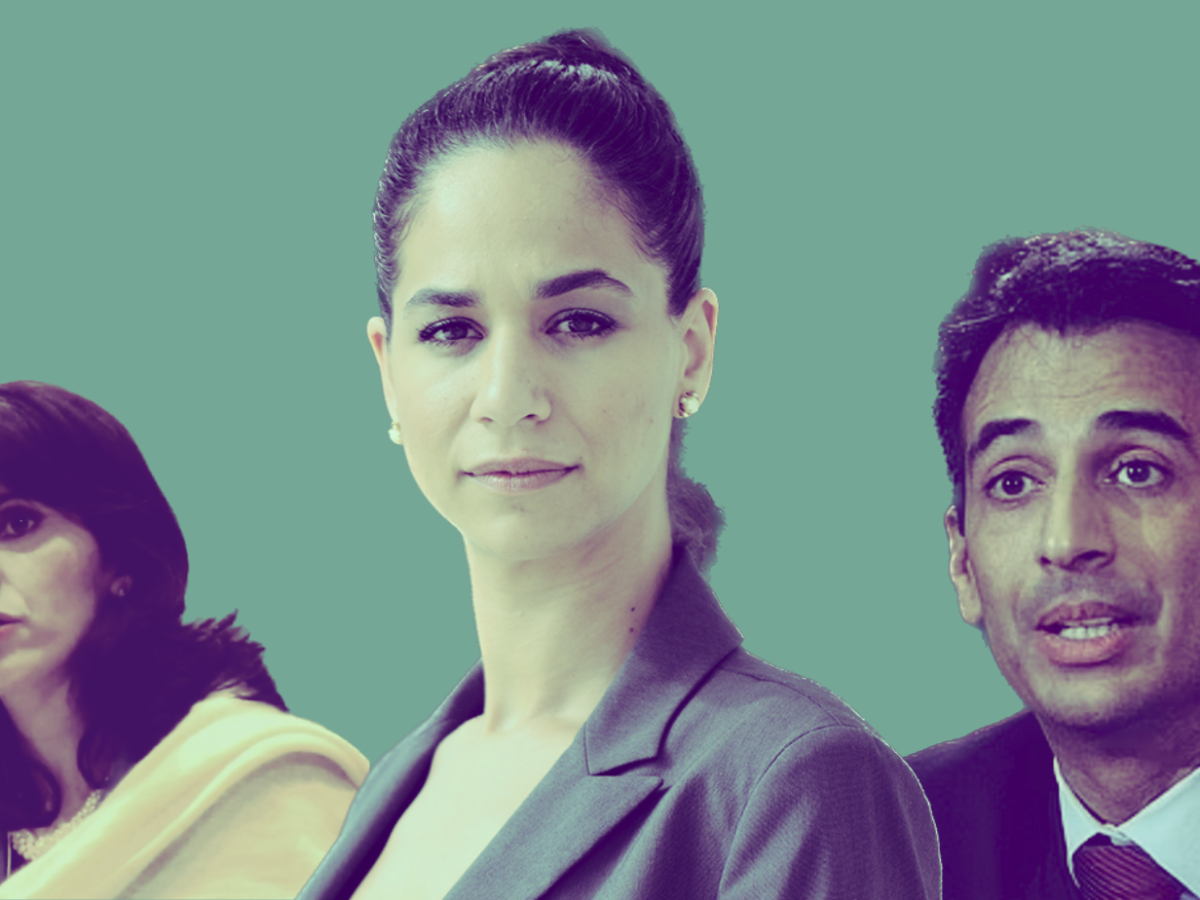
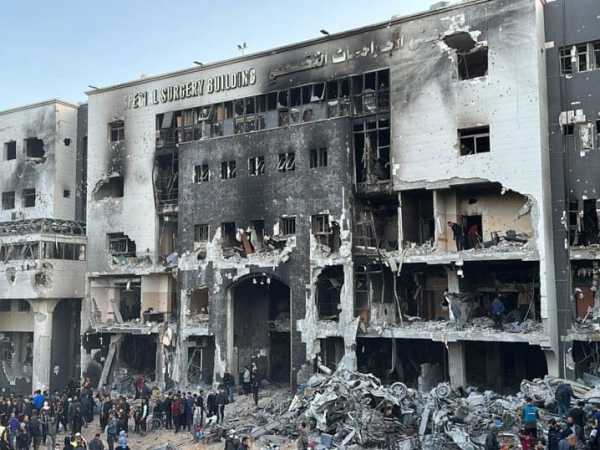
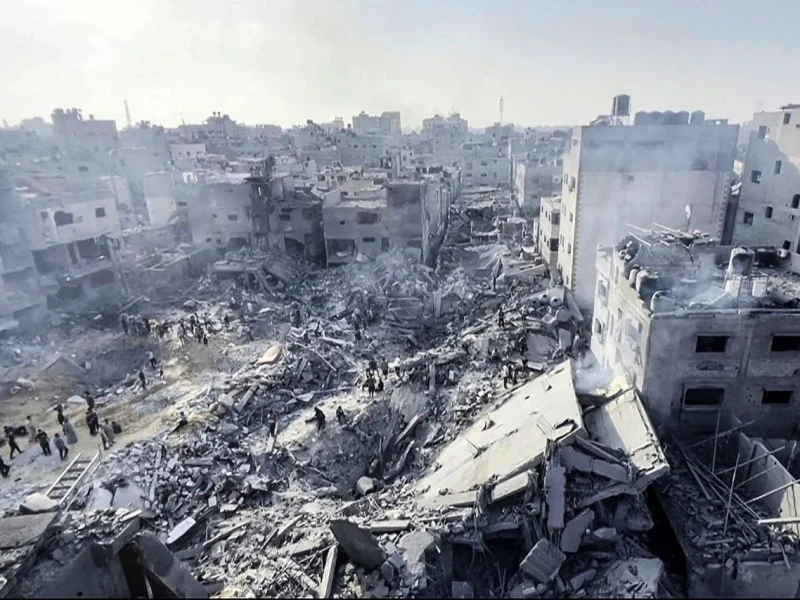
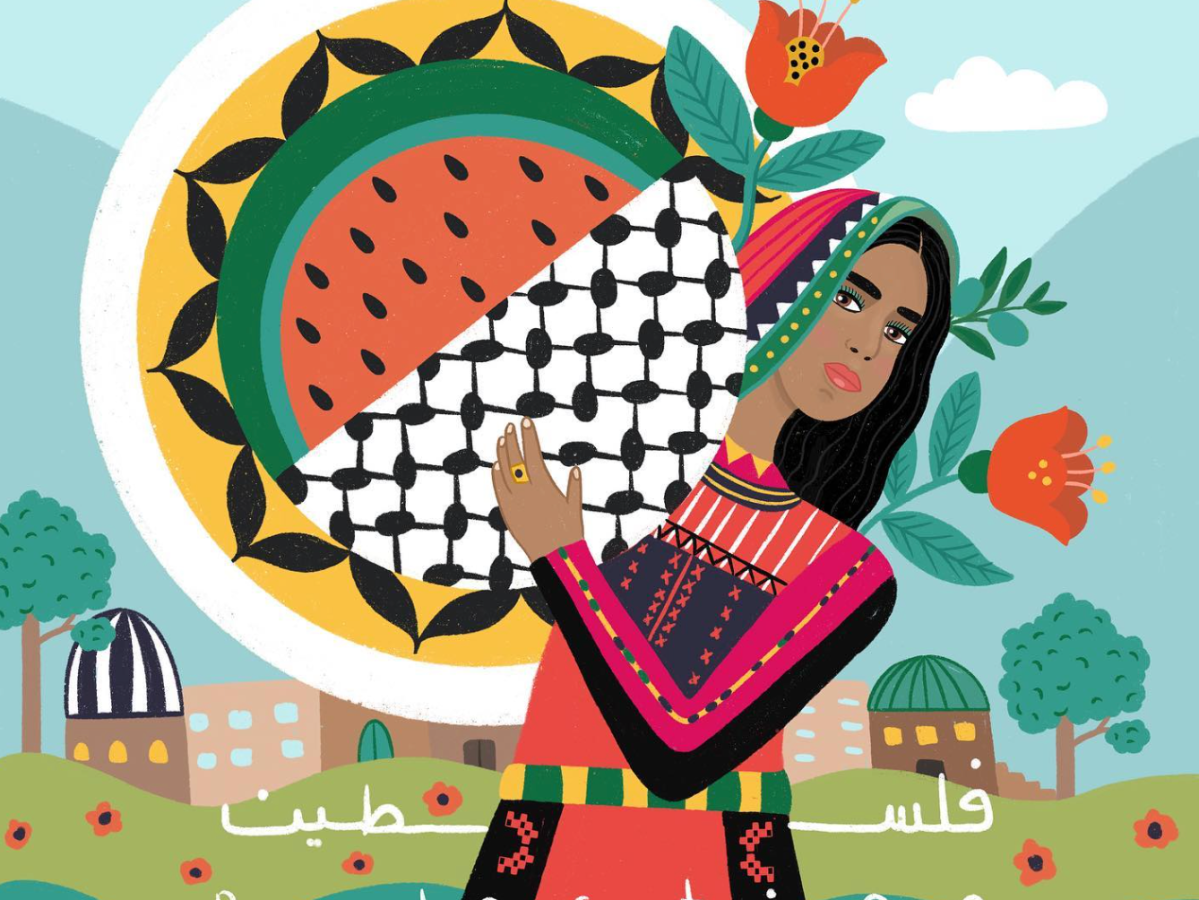
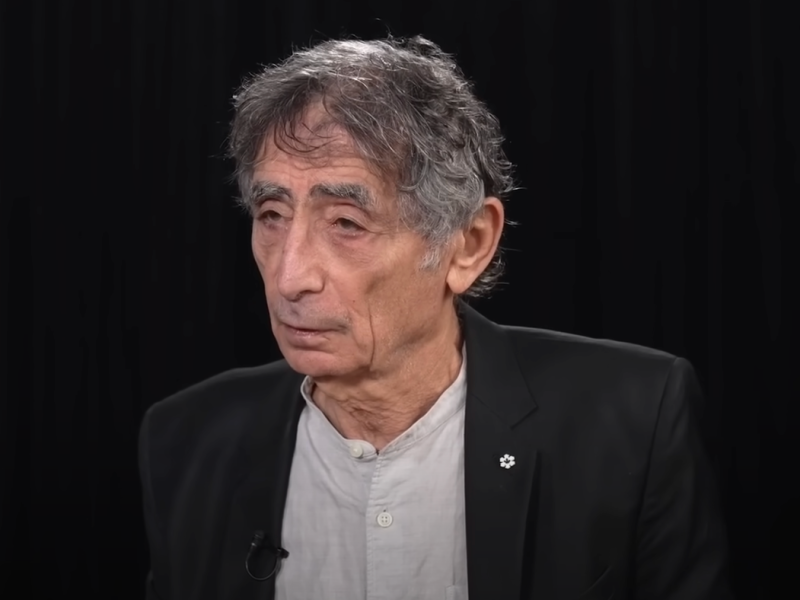
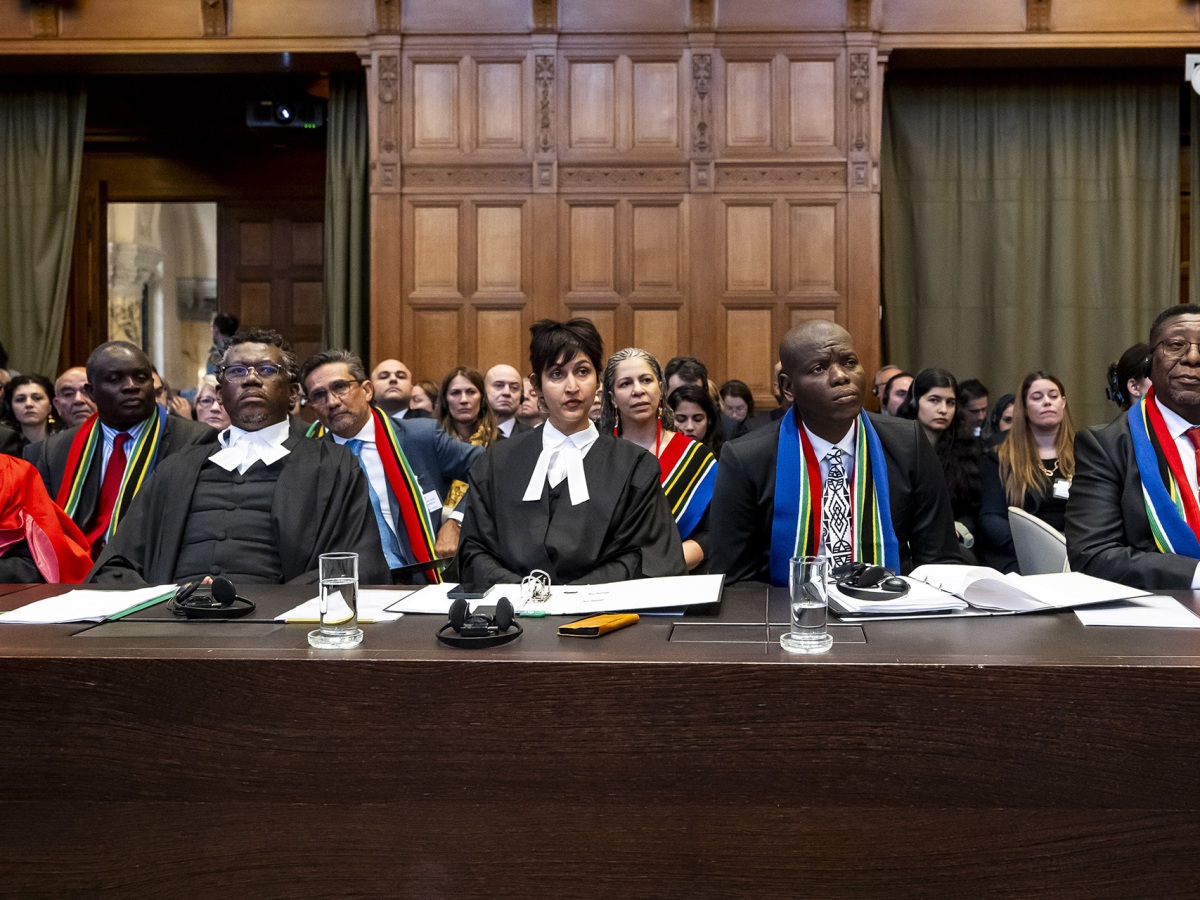
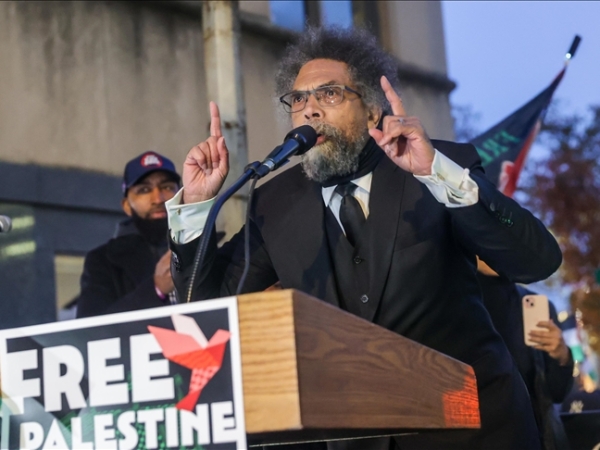
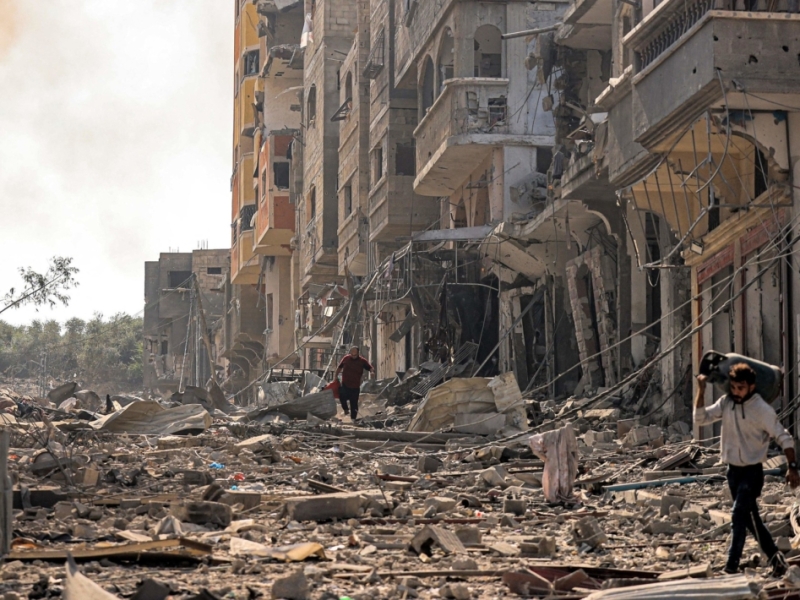
2 thoughts on “Afghanistan: U.S. Principles vs. Poverty and Starvation”